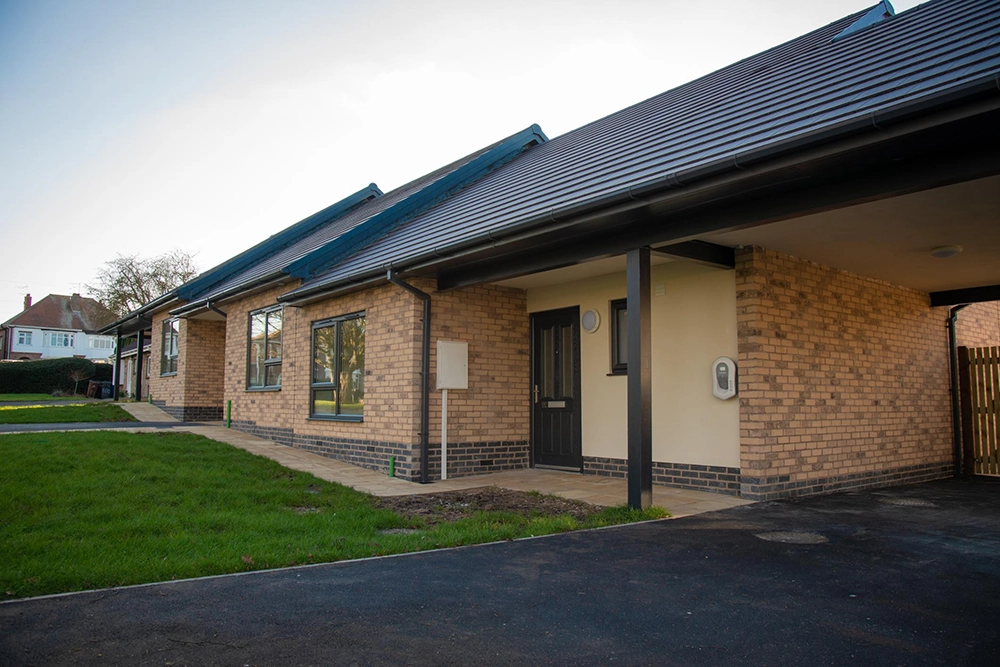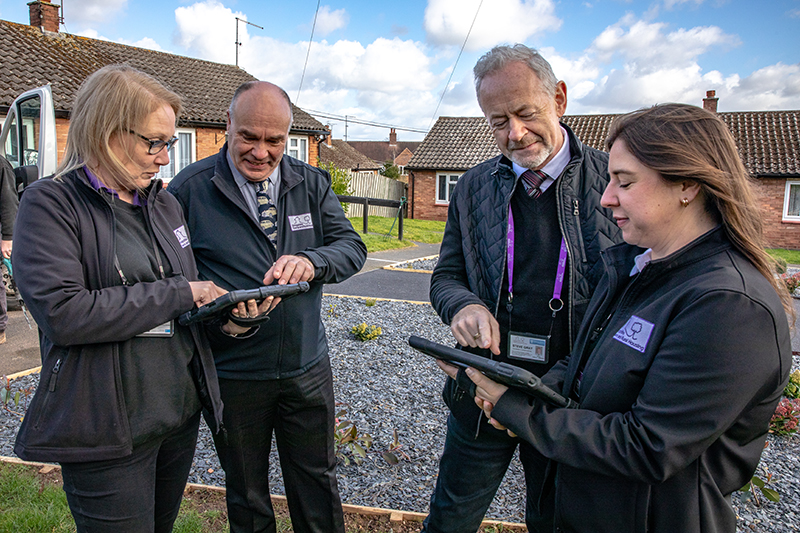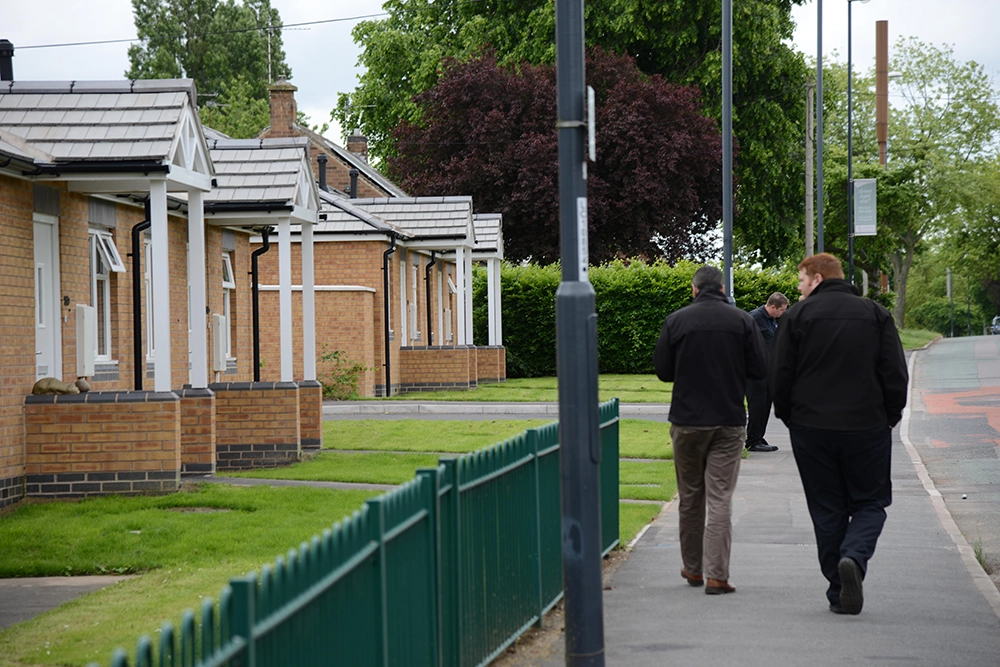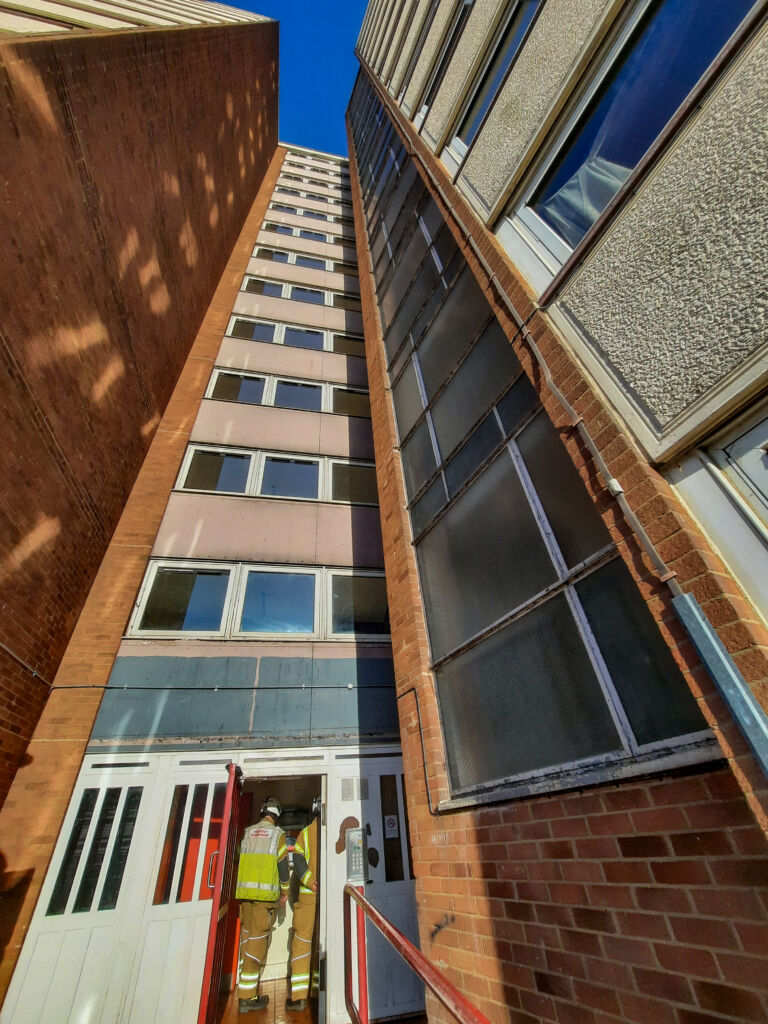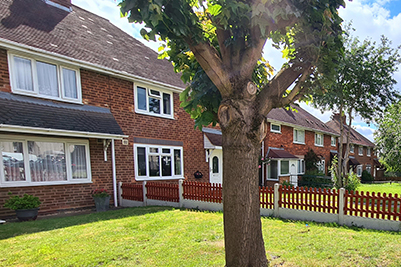CWAG Newsletter – September 2023
This Update includes the following
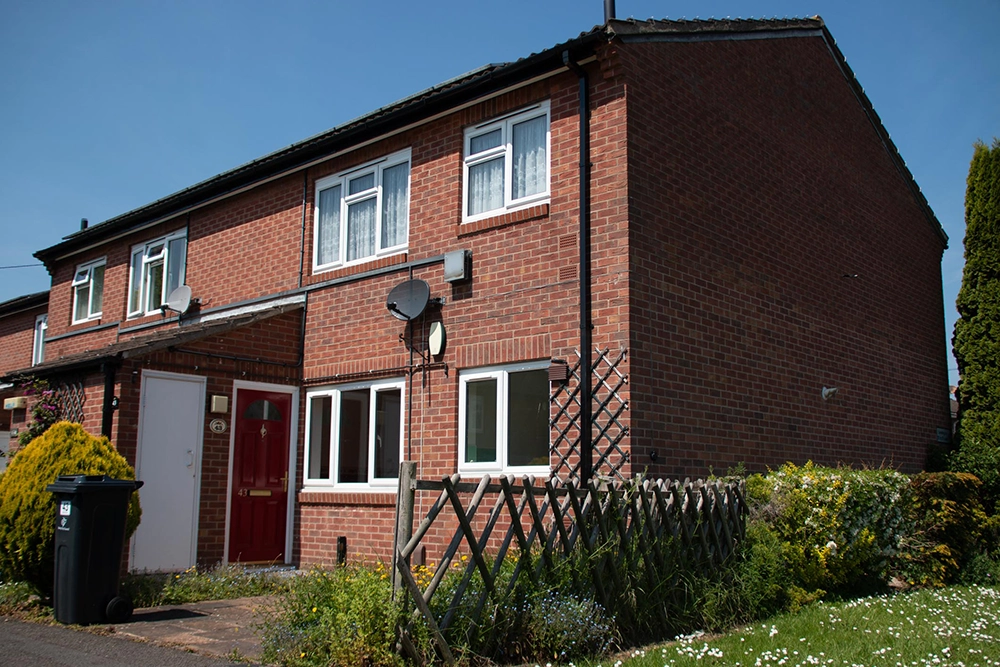
‘Knowing our Homes’ Project and Survey
CWAG is joining up with other partners across social housing in a new project ‘Knowing our Homes’. This is a programme of work with origins in the ‘Better Social Housing Review’ commissioned jointly by the National Housing Federation (NHF) and Chartered Institute of Housing.
Although the Better Social Housing Review was focused on the housing association sector, the local authority sector has committed to support the work emerging from the review to ensure there is a shared approach across the whole social housing sector. The Local Government Association (LGA), Association of Retained Council Housing (ARCH), National Federation of ALMOs (NFA), and Councils with ALMOs Group (CWAG) are all working together to achieve this and make sure the whole council housing sector is represented.
The project aims to establish a shared, standardised approach for gathering and using information about the condition of social homes and about the residents who live in them. This will help social landlords to meet new requirements emerging through the Consumer Standards which set higher expectations for how landlords gather and use information about their homes and their residents.
The first stage of this work is a baseline survey to identify how social landlords are currently gathering and using data. From this, we will look to develop proposals to address existing challenges and build on good practice.
This is intended to be a joint survey with both the council and ALMO contributing to the response. It is important that the survey achieves a good return rate, and in the case of councils and ALMOs, we need to ensure that only one return per landlord is received. As most of the data is currently held by the ALMO, the survey link has been sent to the ALMO with the intention that they will work jointly with the council on this. Analysis of survey returns will be administered by the NFA on behalf of the LGA, ARCH and CWAG.
The survey return date is Wednesday 18th October 2023.
If you would like more details about the ‘Knowing our Homes’ project, survey or a copy of the survey questions please contact the Policy Officer.
Regulator of Social Housing launches fees consultation
The Social Housing Regulation Act, which received Royal Assent in July 2023, conferred new fee-charging powers to the Regulator of Social Housing (RSH) to ensure it can deliver its expanded role.
This consultation follows an announcement by government that from 1st July 2024 social landlords will need to pay the full costs of their regulation.
The Regulator is currently funded through a combination of fees and government grants; proactive regulation of the economic standards is funded by fees, whilst other activities including enforcement and reactive consumer regulation are covered by government grant.
The RSH is now gearing up for the biggest change to social housing regulation in a decade, with regular inspections of larger social landlords (including councils). The proposed changes to RSH’s fee charging arrangements are designed ensure there are sufficient resources, skills and capacity to deliver proactive consumer regulation whilst removing the requirement for direct government grant support.
For local authority landlords this represents a major change as the sector will fall within these revised charging arrangements and will be required to pay fees for the first time.
The consultation relates to the principles and arrangements for charging rather than the exact level of fees that will be levied. However, the consultation does include modelling and estimates around a proposed fee level of between £7 and £8 per unit for local authorities with more than 1000 homes. Local authorities with less than 1000 homes will be exempt from the fee arrangements, the fee rate proposed is being zero.
There is a differential between the proposed fee level for councils and housing associations which is intended to reflect the additional economic regulation applicable to housing associations.
A key principle set out is that private registered providers do not pay for the regulation of local authority registered providers, or the visa versa.
This is an eight week consultation which ends on Tuesday 31st October 2023.
Key Proposals:
- To increase the fees social landlords pay, to recover the full cost of regulation including the expanded consumer remit.
- Continue to charge larger social landlords for each social home they provide. A flat rate fee will apply to smaller housing associations with fewer than 1000 units.
- Start charging fees to councils owning over 1,000 homes.
- Charge organisations when they apply to become registered social landlords (instead of the current approach where landlords pay fees after they have successfully registered).

Diary Dates
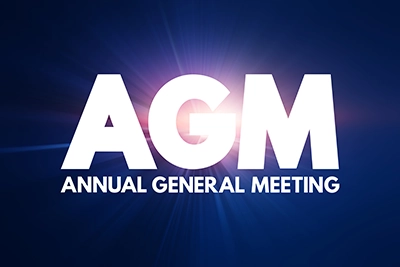
CWAG Annual General Meeting – Thursday 28th September 2023.
This year our AGM speakers will focus on the implementation of the Social Housing Regulation Act, in particular preparing for the new regulatory arrangements and the professionalisation changes introduced by the legislation.
Lydia Dlaboha, Deputy Chief Executive HQN will be discussing how councils can prepare for consumer regulation whilst Charlotte Hilliard who is the DLUHC lead on professionalisation and anti-social behaviour will be speaking on Driving Professionalism in Social Housing.
Come along and support your AGM
Tpas Tenant Engagement Workshop – Thursday 12th October 2023
Tenant engagement is a key element in the new regulatory arrangements and as part of our preparations we have teamed up with Tpas to organise a workshop to consider key issues for CWAG members.
In this session Caritas Charles and Clare Powell, from the Tpas Policy and Insights team, will take us though the Consumer Regulation proposals tenant voice with a particular focus on the implications and issues for councils with ALMOs.
As the leading tenant engagement organisation Tpas have been heavily involved over the last few years on the development of these standards and also have their own accreditation that is a robust assessment of an organisations engagement culture, policies and outcomes.
Caritas and Clare will give a presentation with an overview of the Social Housing (Regulation) Act with a lens of what CWAG members should be focused on and prepared for. We will then open up to a Q&A.
A highly informative and practical session.
To book places contact the Policy Officer.
Recent Publications
New government guidance ‘Understanding and addressing the health risks of damp and mould in the home’ Sept 2023
At the time of the inquest into the tragic death of Awaak Ishak the government made a commitment to publish new guidance for private and social landlords. This guidance has now been published and includes the following:
- An overview of the potential physical and mental health effects of living in a home with damp and mould, as well as information about groups that are particularly vulnerable to more severe health impacts.
- Details of relevant regulation and the legal responsibilities of landlords in relation to damp and mould in homes in England.
- Recommendations on how landlords should respond to reports of damp and mould.
- Suggestions on how to reduce the likelihood of damp and mould developing in homes
Fire Safety Reform Programme Update
This is the second update on the Home Office’s fire safety reform programme. This update covers changes to the Regulatory Reform (Fire Safety) Order 2005 that will be coming into force on 1st October 2023. It includes information on monitoring the impact of reforms to-date as well as details and links to current published guides.







